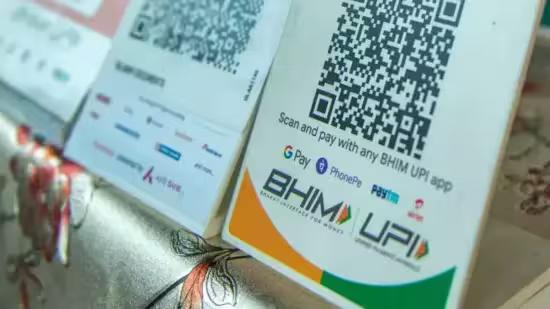
Trinidad & Tobago becomes the first Caribbean nation to adopt UPI
In a significant milestone for digital payments, Trinidad and Tobago has become the first Caribbean country to adopt Unified Payments Interface (UPI), India’s flagship digital payment platform. The country’s decision to adopt UPI marks a major push towards digital transformation in the region, and opens up new avenues for collaboration between the two nations.
The development came to light during Prime Minister Narendra Modi’s two-day official visit to Trinidad and Tobago, where he held talks with the country’s Prime Minister Dr. Keith Rowley. The two leaders agreed to explore further collaboration in the implementation of India Stack solutions, including DigiLocker, e-Sign, and Government e-Marketplace (GeM).
UPI, which was launched in India in 2016, has revolutionized the way people make digital payments in the country. The platform allows users to link their bank accounts to the UPI app and make transactions using a unique identifier called a Virtual Payment Address (VPA). With UPI, users can make instant payments, split bills, and even send and receive money, all with just a few taps on their smartphone.
The adoption of UPI in Trinidad and Tobago is a significant achievement for the country, which has been working towards promoting digital payments and reducing its reliance on cash. The country’s central bank, the Central Bank of Trinidad and Tobago, has been actively promoting digital payments and has partnered with several fintech companies to offer mobile wallets and other digital payment solutions.
The adoption of UPI in Trinidad and Tobago is also a testament to the growing partnership between India and the Caribbean region. The two regions have been strengthening their ties in recent years, with India emerging as a key player in the region’s economic development. India has been actively promoting its digital payment solutions, including UPI, in the region, and has partnered with several Caribbean countries to promote digital payments and financial inclusion.
The adoption of UPI in Trinidad and Tobago is also expected to boost trade and commerce between the two countries. With UPI, businesses in Trinidad and Tobago can now make instant payments to suppliers in India, and vice versa. This is expected to reduce transaction costs and increase the efficiency of trade between the two countries.
The adoption of UPI in Trinidad and Tobago is also expected to promote financial inclusion in the country. According to a report by the World Bank, only 40% of adults in Trinidad and Tobago have a bank account, and many people rely on cash for daily transactions. UPI is expected to promote financial inclusion by providing a secure and convenient way for people to make digital payments.
The adoption of UPI in Trinidad and Tobago is also expected to promote digital innovation in the country. The country’s fintech sector has been growing rapidly in recent years, and the adoption of UPI is expected to attract more fintech companies to the country. This is expected to create new job opportunities and stimulate economic growth.
In conclusion, the adoption of UPI in Trinidad and Tobago is a significant achievement for the country and marks a major milestone in its digital transformation journey. The country’s decision to adopt UPI is expected to promote financial inclusion, boost trade and commerce, and promote digital innovation. As India and Trinidad and Tobago continue to strengthen their partnership, we can expect to see more exciting developments in the digital payments space in the region.





